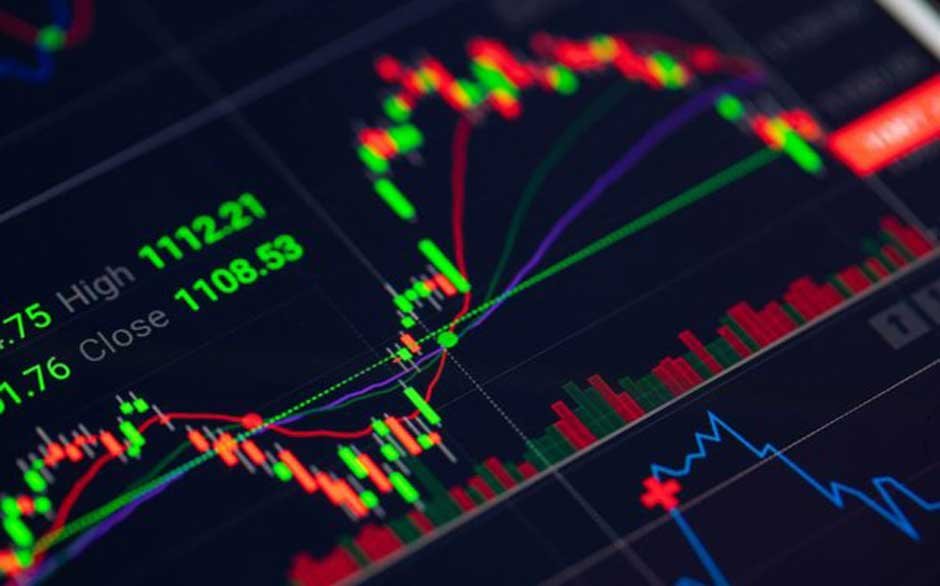Many people equate the high stakes and unpredictability of options trading with gambling. While both activities involve risk and potential reward, they operate under very different principles.
This article will explore the difference between options trading and gambling and how traders can ensure they stay on the right side of this fine line.
Understanding Options Trading
Options trading is a financial practice where an investor acquires the right, without the obligation, to buy or sell an underlying asset at an agreed-upon price within a designated period. This financial instrument is used for various purposes, including hedging risk, speculative trading, and leveraging positions.
Key Characteristics of Options Trading
- Strategic Depth: Options traders make informed decisions using detailed analyses and strategies, such as technical and fundamental analysis and the Greeks (Delta, Gamma, Theta, Vega, and Rho).
- Risk Management: Traders can use options to limit risk, as they know their maximum loss when buying options. Risk can be managed further through diversification and position sizing.
- Informed Decisions: Successful options trading involves monitoring market trends, economic data, and company-specific news to predict price movements accurately.
How Gambling Differs
Gambling, on the other hand, is wagering money on an event with an uncertain result with the primary intent of winning additional money. This activity typically has fewer strategies to mitigate risk and relies heavily on chance.
Key Characteristics of Gambling
- Luck-Based Outcomes: The results are primarily determined by luck or random events. Common forms include playing the lottery, roulette, or slot machines.
- Lack of Predictable Strategy: While there are gambling strategies, they often don’t influence the outcome as significantly as strategies do in trading.
- Risk and Reward: Gamblers know they can win or lose money, but they cannot generally control or limit their losses as traders can.
The Grey Area Between Trading and Gambling
Despite clear differences, the line between options trading and gambling can sometimes blur, especially for those who approach the market without a strategy or discipline.
Trading Without Strategy: A Gamble
Options traders who make decisions based on emotions or hunches rather than analysis are essentially gambling. Trading impulsively, without research or a trading plan, equates to betting on an uncertain outcome without any systematic approach.
The Importance of Discipline
Discipline is what primarily separates a calculated trader from a gambler. Here’s how discipline plays a role:
- Emotional Control: Traders need to manage their emotions, especially during market volatility, to avoid panic buying or selling.
- Consistent Application of Strategy: Successful traders consistently apply a tested strategy, even when it might be tempting to make a “quick” profit based on market rumors or sudden movements.
Ensuring You Trade, Not Gamble
To ensure that you are trading options rather than gambling, you can adopt several practices that emphasize strategic planning and risk management.
Educate Yourself
Understand the fundamentals of options trading, learn about the markets, and stay updated with financial news. Knowledge is a trader’s best defense against the unpredictability of the markets.
Develop and Follow a Trading Plan
A solid trading plan defines when to enter and exit trades, how much to spend in each trade, and how to manage the portfolio’s overall risk. This plan should be based on thorough analysis and should be adhered to rigorously.
Use Risk Management Tools
Employ stop-loss orders and position sizing to manage and mitigate losses. Grasp the risk/reward ratio for each trade and determine how it integrates into your broader trading strategy.
Keep Records
Maintain a trading journal to record your decisions, the outcomes, and the reasoning behind each trade. This practice helps in refining strategies and recognizing the influence of emotions on trading.
While both options trading and gambling involve risk and uncertainty, they differ significantly in approach and execution. Trading options is a strategic endeavor that requires knowledge, discipline, and systematic risk management, whereas gambling relies much more on chance and less on systematic strategies. By educating yourself, developing a disciplined trading plan, and using risk management tools, you can ensure that you stay on the trading side of the fine line, not the gambling side.






